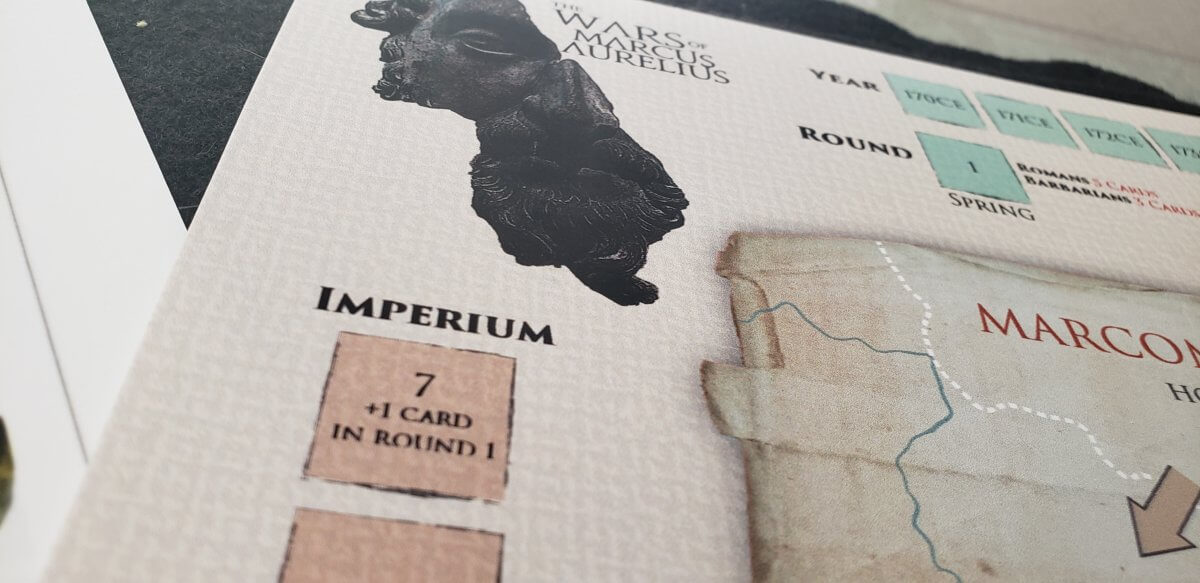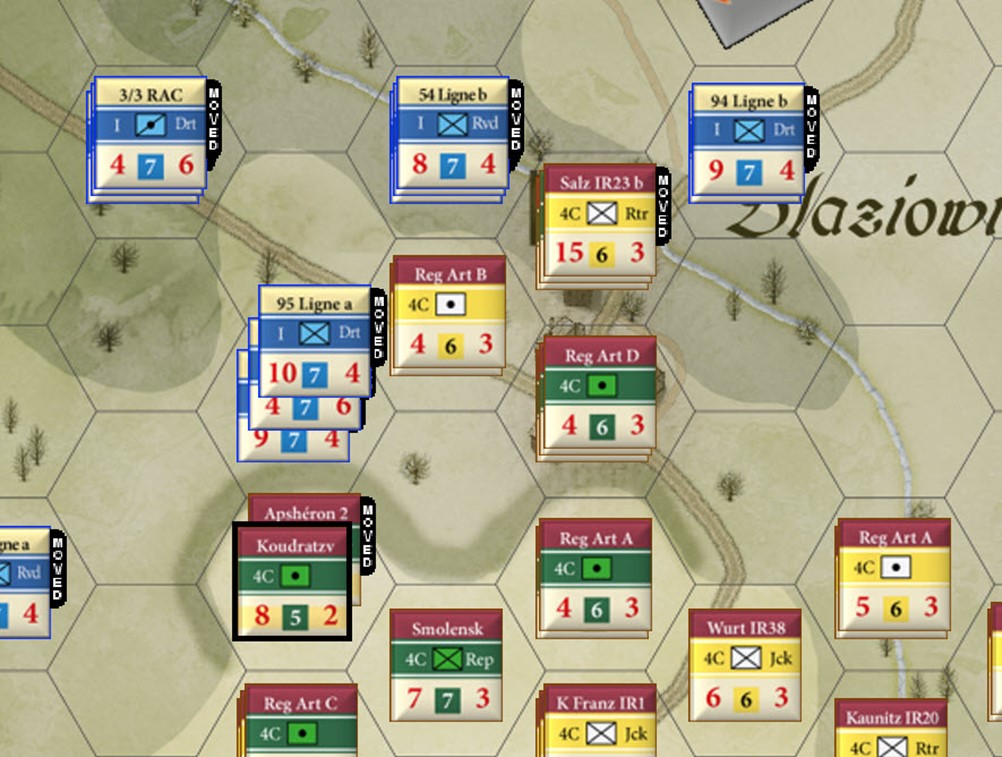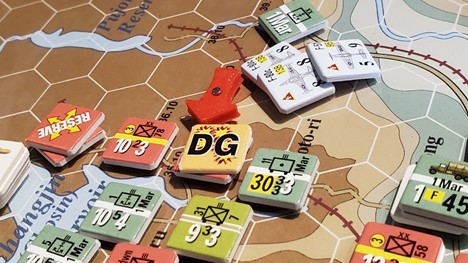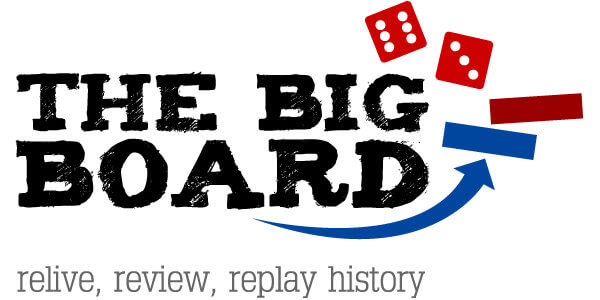I was reading some old Zucker Wargame Design magazine editions, even older Against the Odds articles about wargame design, all while doing some research into some terms we use in wargaming; Abstraction, Complexity, Randomness and Simulation are the ones that crop up. Which got me to wondering about these words their meaning and how they are applied in our hobby.
For context here is what dictionaries define these words as:
I started with the fourth definition in the Oxford dictionary for abstraction: The process of considering something independently of its associations or attributes.
Then complex or complexity: Consisting of many different and connected parts.
Randomness: The quality or state of lacking a pattern or principle of organization; unpredictability.
Finally – simulation: Imitation of a situation or process.
The reason for reading all these articles was due to the fact that lately I had struck a flat patch in gaming. I was seeking something to spur me to be more broad minded in many ways. It had become easier over the last 12 months to lean on systems I knew, and avoid highly ‘abstracted’ games, but also avoid new highly complex games… I was devolving in some manner or form to a fixed set of patterns and titles.
Recently I had been rejecting some titles quickly with summary opinions on their appeal to my tastes. But this was not always the case. In looking at my last several years of gaming,
In the past I had explored more new systems and titles in prior years, on a per title per year basis and been more generous to more titles when providing my opinion on them [BGG ratings applied etc].
Is this classic ‘Grognard’ trap, I had been warned about many years ago? “The longer you play the more jaded you become”, is the theory. Though I do not think of myself as one [a grognard], since some are generally older, crankier and even more stultified in general than I’m becoming. Yikes. What to do?
Hence the exploration around terminology to try and understand what drives a games appeal for me.
Any wargame worth its $19.00 printing cost and $70 price tag must be more than pretty. Today it is much easier than the 70’s & 80’s to make a sexy, visually appealing game. It is very easy to be suckered into buying a game based on box art and a superior marketing blurb. Schlock like this is spewed out by many companies on a regular basis, especially in magazine game format. As they say in Texas ‘He is All Hat and no Cattle! ‘ – All designer marketing spin and sexy box images…no meaningful, historical, engaging, fun game play.
Wargame designers however face a tough battle in obtaining awareness and mindshare, let alone share of wallet. So they must broaden their appeal to a wider audience. Which is perhaps one of the reasons we see a rise in game systems with higher levels of abstraction.

More simple Block games, the COIN game phenomena, and card driven or CDG titles are flooding our inboxes. The lure of ease of play, shorter play time and similarity of rules systems, means less complexity and a lower entry hurdle. Nothing wrong with that.
Don’t get me wrong there is a goodness here. These simpler, more abstract games are attracting new wargamers. In fact the hidden wargame, the ultimate abstractor – Root is taking the Euro gamer by surprise. ‘I did not know conflict could be fun’!! I’m all for these game titles and fresh approaches being successful if it helps fund or support some of the meatier titles in the wargame genre. But back to our terms and my struggles with all of this.
Highly abstract games and I have found it hard to get along with. Is it that my interests calcifying? What is wrong with abstraction as defined above? For I certainly do not desire La Batt level or ASL level ‘simulation’ and design for cause level detail. But I do like being presented choices. I enjoy having action take place in front of me. I want my decisions to matter.
I think abstraction has to be handled carefully. To my mind a lot of the systems like the COIN titles, and CDG’s above have both high abstraction AND high levels of randomness. The chaos of these two combined incorrectly removes my ability or perceived ability to impact or drive the outcome, generates a jarring discord in the historical narrative and seems to heavily reward set piece or highly structured card play. That does not mean I’m not ok with Napoleon winning Waterloo or the Belgians holding out for a few weeks longer in WW1, but I do find it a tad aggravating when a historical result never occurs, or the end result is too far off in the weeds.
There are of course other levels of abstraction. How will an operational game handle supply, or armor, or artillery or air support? Will a 1d6 roll determine who has air superiority? Or will we be required to fight out each air battle for supremacy? This will depend of course upon design intent and the scale and scope of the game we are in.

BCS [Battalion Combat System] offers many abstractions, but serves them up in such a unique way that you can openly embrace them and not lose the historical narrative or the relationship to historical accuracy.
Other titles are genuinely limited by magazine format and drop down to challenging to accept levels abstraction. I was recently playing a new Operational level game [ a big 3 mapper] and it had a simple track for Arty and Tank for combat support. Depending on the type of attack you did you got X or Y points. There was never any depletion or reduction or change in effectiveness. It was a jarring step away for the immersion of an otherwise interesting game system. Which seemed at odds with what the system was trying to do. The other extremes are of course tracking ammo for arty in Streets of Stalingrad, or the hyper detail of the GOSS system when it comes to armour effectiveness, Arty saturation levels and supply. We do have a plethora of choices.
The idea that an abstraction is an element of a wargame that is considered apart from its associations in a wargame context is hard to wrap your head around. How do you consider combat support elements in a game in that manner? – Air /Tanks/Arty/AT weapons? Lines of Communication, Lines of Supply? Command chains and the issuance and receipt of orders? The manner in which action points on a card can be used to move, fight, change orders, build units?

Complexity too often hides a poor game, OR a game that tries to be too much. Are you calculating fractional armor points and conducting squadron on squadron air battles at the operational scale? Are you diving into a 100 page rule book to find that one saving modifier? As the complexity grows, we lean towards simulation and the reduction of abstraction, we move away from action and towards step wise mechanical game play. Systems that do this still use abstraction, but are attempting ‘realism’ or true simulation overcomes the end result. These types of games may expose the why of a battle or operation, but often at the expense of immersion, fun and narrative. Often I will sit with a CDG style game and look at my hand and think ‘bloody hell which one do I play, what are the ramifications, which is best?’… To my mind that makes the game complex, as I’m flummoxed until the games are played opposed several times, and the ‘deck awareness’ becomes second nature.
What is the complexity for? The nature of the activity being modeled? The difficulty in representing the situation? The scope of the era? At some point a game that is large in footprint [counters, maps charts] folds under its own weight if overly complex. If every unit on the map requires detailed analysis, deep thought and rules references and many steps per turn to execute a turn cycle it is unlikely to be fun or instructive, at least that has been my experience.
Complexity is often an exploration of the interconnectedness of things. In our hobby, it is the interplay of foot and horse, of beans and bullets of command and control, things of that nature.
At other levels it is the interconnectedness of subsystems in a game. How does movement, overrun and combat work together? How do you rebuild Army Corps, and conduct diplomacy? How do you reduce influence in a zone, while shifting diplomatic relations with a potential ally?
The more I think about it the more this all comes down to a simple nub. Abstraction is used to represent elements of design that may be important or relevant, but if presented in full concrete detail as a simulation the elements would bog down or break the game play, the fun and/or the action.
So abstraction serves to relieve us of a certain level tedium, heavy rules burden, and administrative items, while still exposing choices, strategies, actions and narrative. Whereas simulation is used to bring forth the relevant hard facts or historical relevance and concrete specific details.

The nexus of the two is where a lot of the fuss we hear online and in person about abstractions vs simulation, reality versus fantasy etc. “Its too abstract….no..its too detailed….” Is found. Here we are exposed to what the designer wanted to have us focus on. Similarly Complexity is required or used to explain or demonstrate or bring to the fore the interplay of the events, the units, the leadership and even the theme.
Much of what I often think are concrete details or complexities are in fact abstractions; isn’t rolling on a CRT an abstraction? Isn’t rolling to see if the Arty or Air is available an abstraction? The leadership rating of Rommel…an abstraction, the capability and firepower of a phalanx, a division or a given regiment in a battle – an abstraction. Stacking…well dang that is an abstraction as well. But it is all by degree.
The concrete aspects are time scale, hex scale and terrain. I’m sure at a system level there are other concrete factors but in general across almost any board wargame these 3 will be a constant. So we have to decide how much abstraction we really like or can accept for a given title in a given era for a given operation. Just as we must decide how much detail or complexity we want to be involved with for those details of time, scale and terrain.

This to my mind seems to expose the designers desire. What does he or she want us to focus on? Formation facing of a maniple? Or winning the battle with period specific tactics? Are you ordering your troops to create fields of fire, surround the enemy, cut off his supply? Or are you moving supply tokens from A to B? Or are you using the same bolted on group of mechanics and just swapping the map and counters out and churning out some glib nonsense. I’d like to think that the designers such as Balkoski, took to the situation first then thought through what happened, what might have happened and built a unique design for each game. That seemed to be his modus operandi. When something worked well for a certain scale – such as Great Campaigns of ACW, it became a system. This I understand and that makes good sense.
The smart designer will use her ability to create in their design the right ‘effect’. They will take the massively complex historical situations, work out how to have the right effects on game play to generate among a number of outcomes the historical one.
In history, randomness – chance, lady luck or sweet fortune favored one side over the other. This the last element we will look at, is almost as big a challenge to strike the right note as abstraction/complexity. The effect of randomness will be a function of acceptable percent chances of events occurring. Whether on a CRT with a 1d6-1d100 spread. OR in the mix of cards with 3 operations versus one, or the even more complex compound impacts of choices that occur [rolling to earn a DRM, which then is applied to another result]. These can deny or enhance the game designer the ability to perfectly create all the causes or situations, but he can create many of the effects with a smart design. Some players want all the DRMs, the column shifts, the modifiers and multipliers to work ‘exactly ‘right. But it can’t always be that way, for who was to say that Blucher could not have been delayed longer? Or that Davout would arrive late to Austerlitz? Who can say how the African Campaign would have turned out in 1941-2 without Rommel’s access to inside information on Commonwealth dispositions? What if Patton was late to Bastogne? What if Varius was not a friggen idiot…😉.
Randomness must be present, it is the tuning of that randomness in the tables, the charts and the rules that determine how much is acceptable. The right spread of results, the correct number and type of cards in a deck all will impact how we eventually will accept a game or not.
So, here I sit, am I caught between abstraction and complexity? Between randomness and simulation?
I don’t think so.
Going forward I’ll seek to appreciate abstraction more, I’ll attempt to discern why something is being presented that is complex and acknowledge that randomness and complexity are often strange bedfellows. Where we slip into the full or deep simulation, I’m probably going to give you a side step and move on. I’ll endeavor to more fully appreciate the designers effort, their sincerity of the design attempt and develop a fuller insight into what some abstractions, random elements and complexities do for the game, the history, the narrative, and the fun factor. On to 2020, Lets #rolldice.
Happy New Year

Excellent analysis. Well written, sir.
Great read to start 2020! For me, the right level of abstraction, randomness and simulation to create an engaging game “cinematic’, coupled with impactful decisions is what makes a game fun and engaging. I know my gaming this coming year is going to explore some of that as I’ve felt a similar rut in my play as well. Thanks for your insight and let’s #rolldice!
Good article. The older I get the simpler I like my games. As Ty Bomba has quoted: “There is no greatness where there is no simplicity.” — Leo Tolstoy
If you are gonna run off and become The Thinking Man’s Gamer on me I won’t come over and play games with you any longer. 😉
I think I’ve mentioned this to you before – I’ve started towards giving up on the complexity where it only exists to add “something else to do or track”, but does not really add anything to the play experience. It just seems the complexity in many cases slows down gameplay, but doe snot really add “game experience”.
fat chance of that